Description
Introduction to Re-ablement introduces health and social care staff to the re-ablement approach and empowers them to embrace the culture within their own practice.
All staff working in social care should be aware of the re-ablement approach and embrace the change of culture within their practice. Re-ablement should not be viewed as a short-term service, but rather as a person-centred, outcomes-focused approach to support planning; one that promotes the independence, participation, choice and control of each individual.
Underpinning the Introduction to Re-ablement work-based learning programme is an emphasis on the concepts of independence, empowerment and personalisation. The training is delivered through four thought-provoking and interactive sessions, which cover:
- the key concepts of re-ablement
- models of disability and barriers to activities of daily living (ADL)
- re-ablement techniques, equipment and assistive technology
- goal setting and re-ablement planning in practice.
After completing the training course staff should be able to:
- explain the principles of the re-ablement approach
- work within multi-agency, re-ablement-focused teams to promote independence
- contribute to outcomes-focused goal setting for customers
- understand the contribution that adaptive equipment and rehabilitation techniques can make to the re-ablement approach.
The pack contains all of the resources that the facilitator will need to deliver the training, including PowerPoint slides, handouts and instructions for practical activities that will help learners to enhance their understanding by experiencing barriers to ADL for themselves.
The pack also includes a Microsoft Word learner workbook to complement the taught sessions. By reading through the workbook and completing thinking exercises in preparation for each session, learners can not only evidence their learning but also explore ways to put what they have learned into practice.

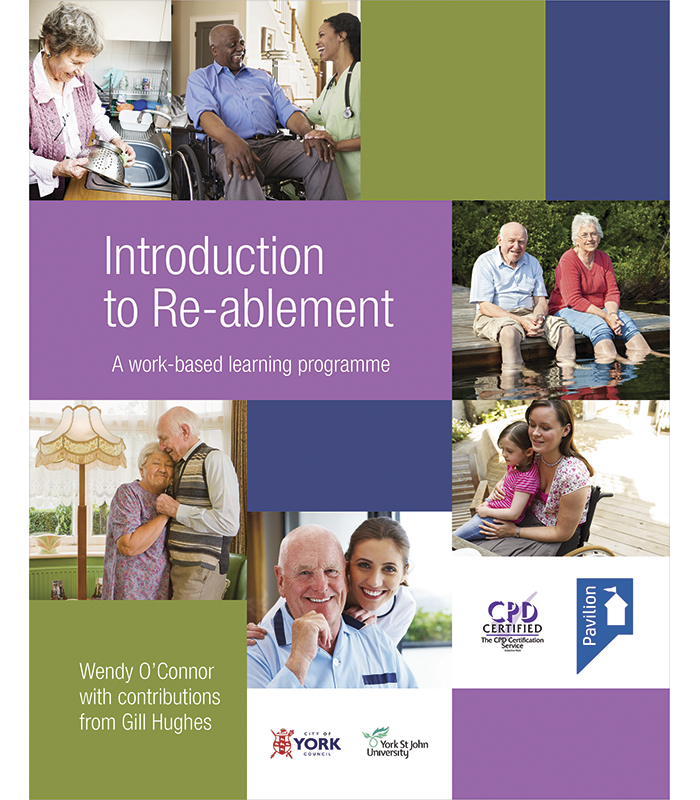
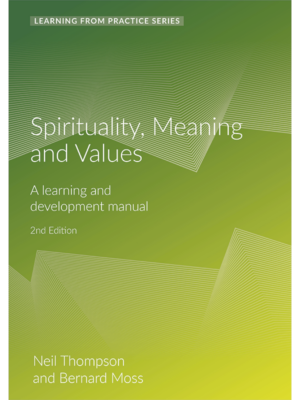
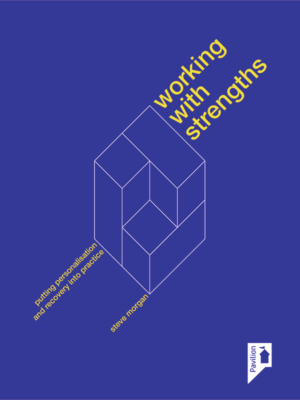
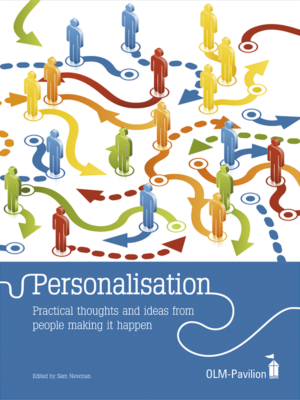
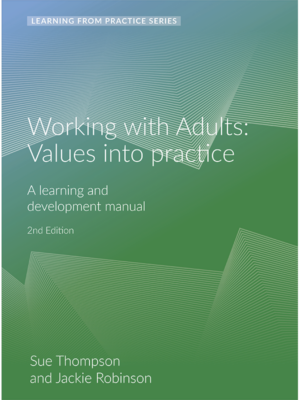
Reviews
There are no reviews yet.